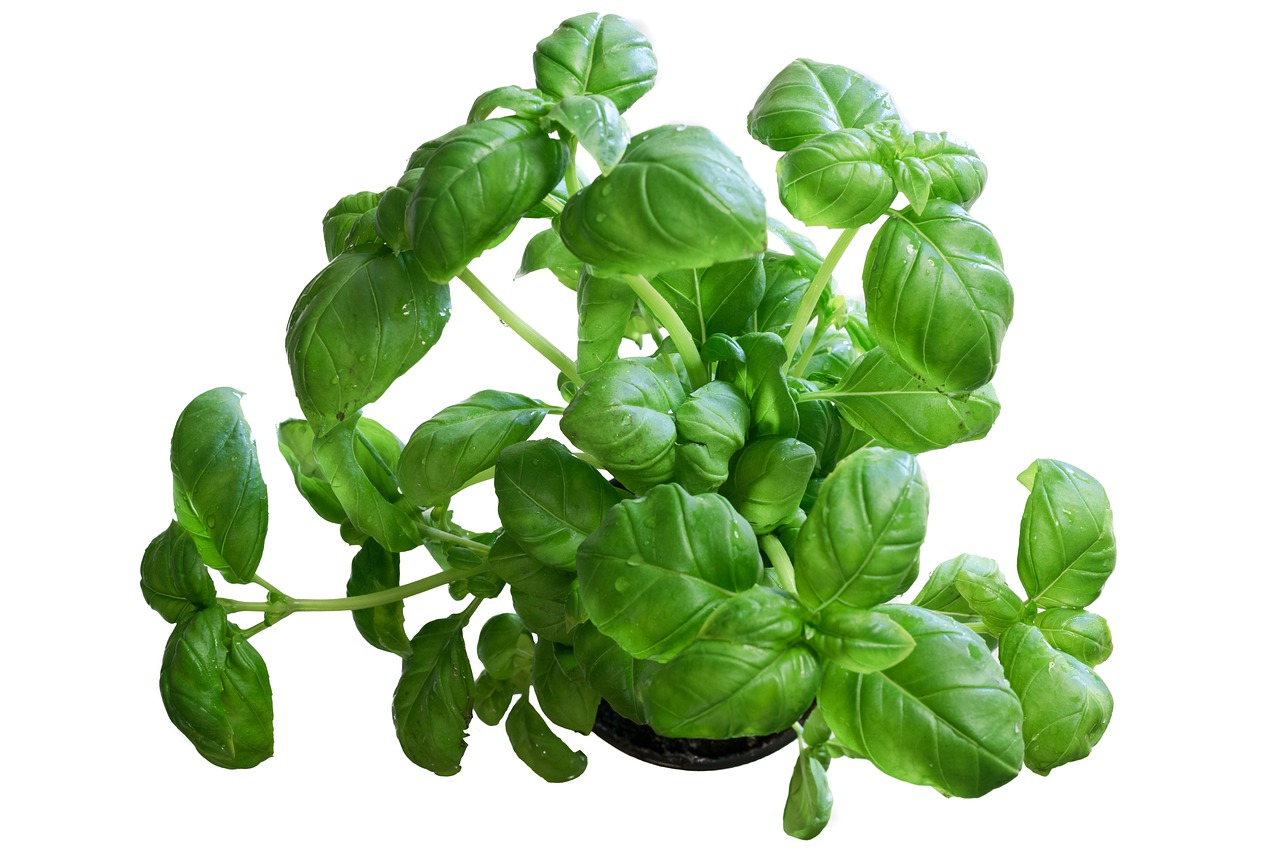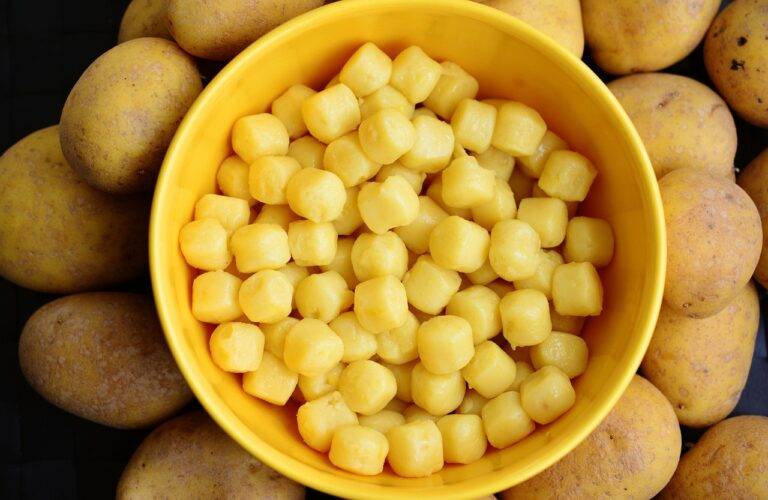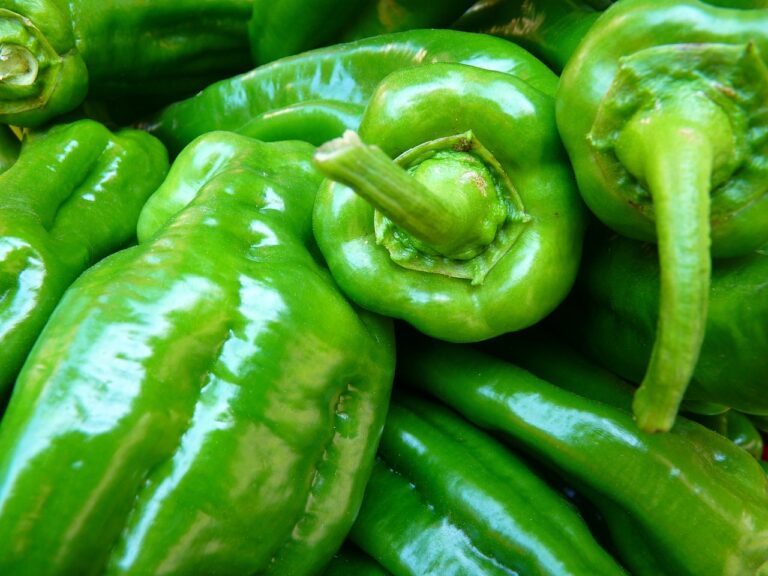Juicing for Heart Health: Cardiovascular Supportive Nutrients: Betbhai.com exchange, Play99 exchange, Gold365 registration
betbhai.com exchange, play99 exchange, gold365 registration: Juicing for Heart Health: Cardiovascular Supportive Nutrients
When it comes to heart health, one of the key factors is nourishing your body with the right nutrients. Juicing is an excellent way to incorporate a variety of fruits and vegetables that are known for their cardiovascular supportive benefits. By juicing regularly, you can easily increase your intake of essential vitamins, minerals, antioxidants, and other nutrients that can promote a healthy heart.
So, what are some of the best fruits and vegetables to include in your heart-healthy juice recipes? Let’s take a closer look at some key nutrients that can support cardiovascular health and the foods that contain them.
1. Potassium
Potassium is a mineral that plays a crucial role in maintaining healthy blood pressure levels. It helps to counteract the effects of sodium, which can contribute to high blood pressure. Fruits like bananas, oranges, and kiwis are excellent sources of potassium and can be easily incorporated into your juice recipes.
2. Magnesium
Magnesium is another essential mineral for heart health, as it helps to regulate heart rhythm and support overall cardiovascular function. Leafy greens like spinach and kale are rich in magnesium, making them great additions to your juicing routine.
3. Fiber
Fiber is important for heart health as it can help to lower cholesterol levels and promote healthy digestion. Fruits and vegetables like apples, berries, and carrots are high in fiber and can be juiced to create a delicious and nutritious beverage.
4. Antioxidants
Antioxidants are compounds that help to protect the body from oxidative stress and inflammation, both of which can contribute to heart disease. Berries, grapes, and leafy greens are all rich in antioxidants and can be included in your juice recipes to support heart health.
5. Omega-3 Fatty Acids
Omega-3 fatty acids are known for their anti-inflammatory properties and can help to reduce the risk of heart disease. Foods like flaxseeds, chia seeds, and walnuts are excellent sources of omega-3s and can be added to your juices for an extra heart-healthy boost.
6. Vitamin C
Vitamin C is an essential nutrient for heart health as it helps to support healthy blood vessels and reduce the risk of heart disease. Citrus fruits like oranges and lemons are rich in vitamin C and can be juiced to create a refreshing and heart-healthy beverage.
Including a variety of fruits, vegetables, and other heart-healthy foods in your juicing routine can provide your body with the nutrients it needs to support cardiovascular health. Experiment with different ingredients and flavors to find delicious juice recipes that you enjoy and that nourish your heart.
FAQs:
Q: Can juicing help to lower cholesterol levels?
A: Yes, juicing can be a part of a heart-healthy diet that can help to lower cholesterol levels. Including fruits and vegetables high in fiber, antioxidants, and omega-3 fatty acids can promote healthy cholesterol levels.
Q: How often should I juice for heart health?
A: Ideally, aim to juice at least a few times a week to benefit from the cardiovascular supportive nutrients found in fruits and vegetables. Incorporating a variety of ingredients can help to ensure you’re getting a wide range of heart-healthy nutrients.
Q: Can juicing replace whole fruits and vegetables in my diet?
A: Juicing can be a convenient way to increase your intake of fruits and vegetables, but it’s important to also consume whole foods to benefit from their fiber content. Try to strike a balance between juicing and eating whole fruits and vegetables for optimal health.
In conclusion, juicing can be a delicious and convenient way to support heart health by incorporating a variety of fruits and vegetables rich in essential nutrients. By including ingredients like potassium-rich fruits, magnesium-packed leafy greens, and antioxidant-filled berries, you can create juice recipes that nourish your heart and promote overall cardiovascular wellness. Experiment with different combinations of ingredients to find the flavors you love and enjoy the benefits of a heart-healthy juicing routine.







